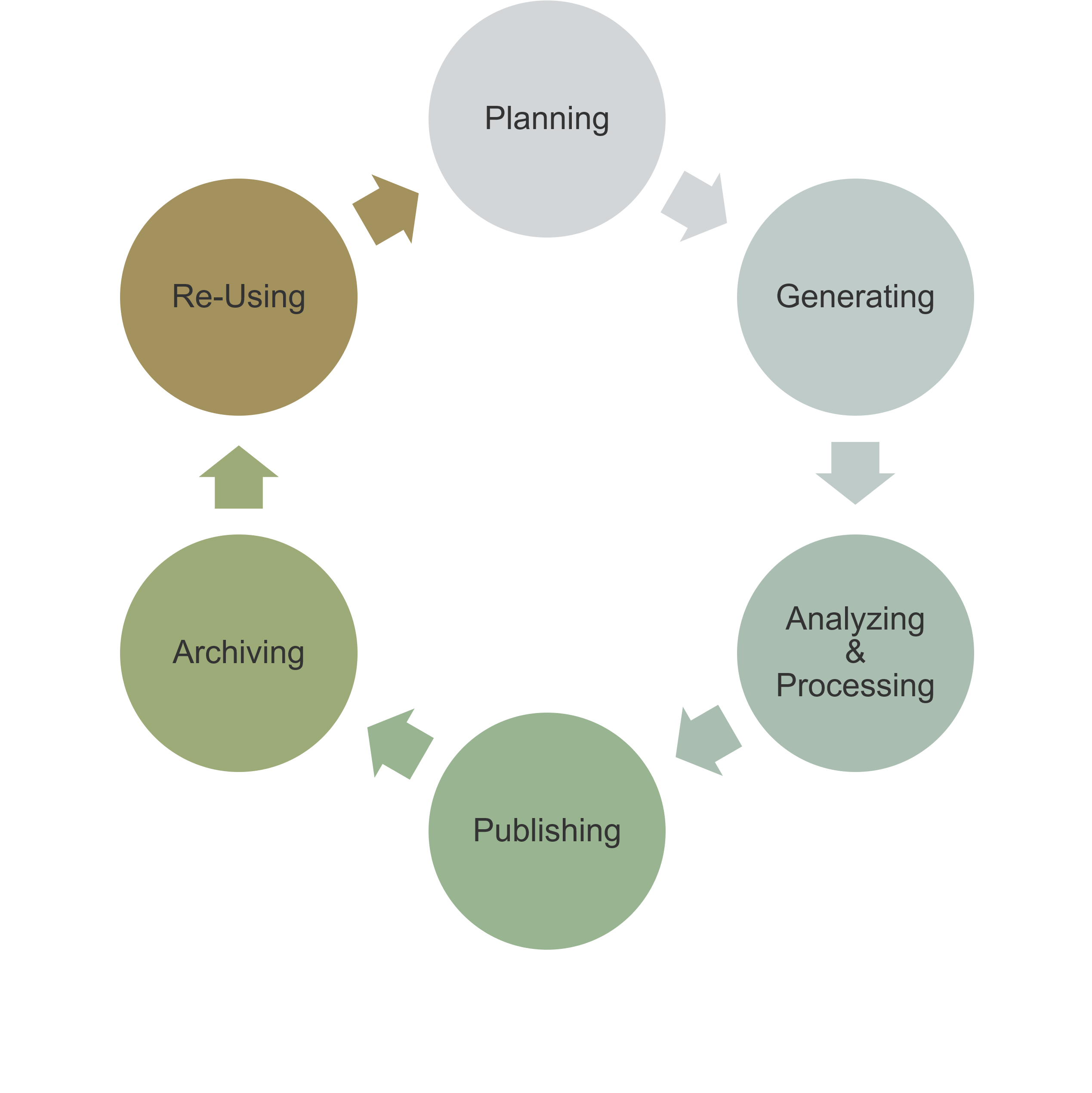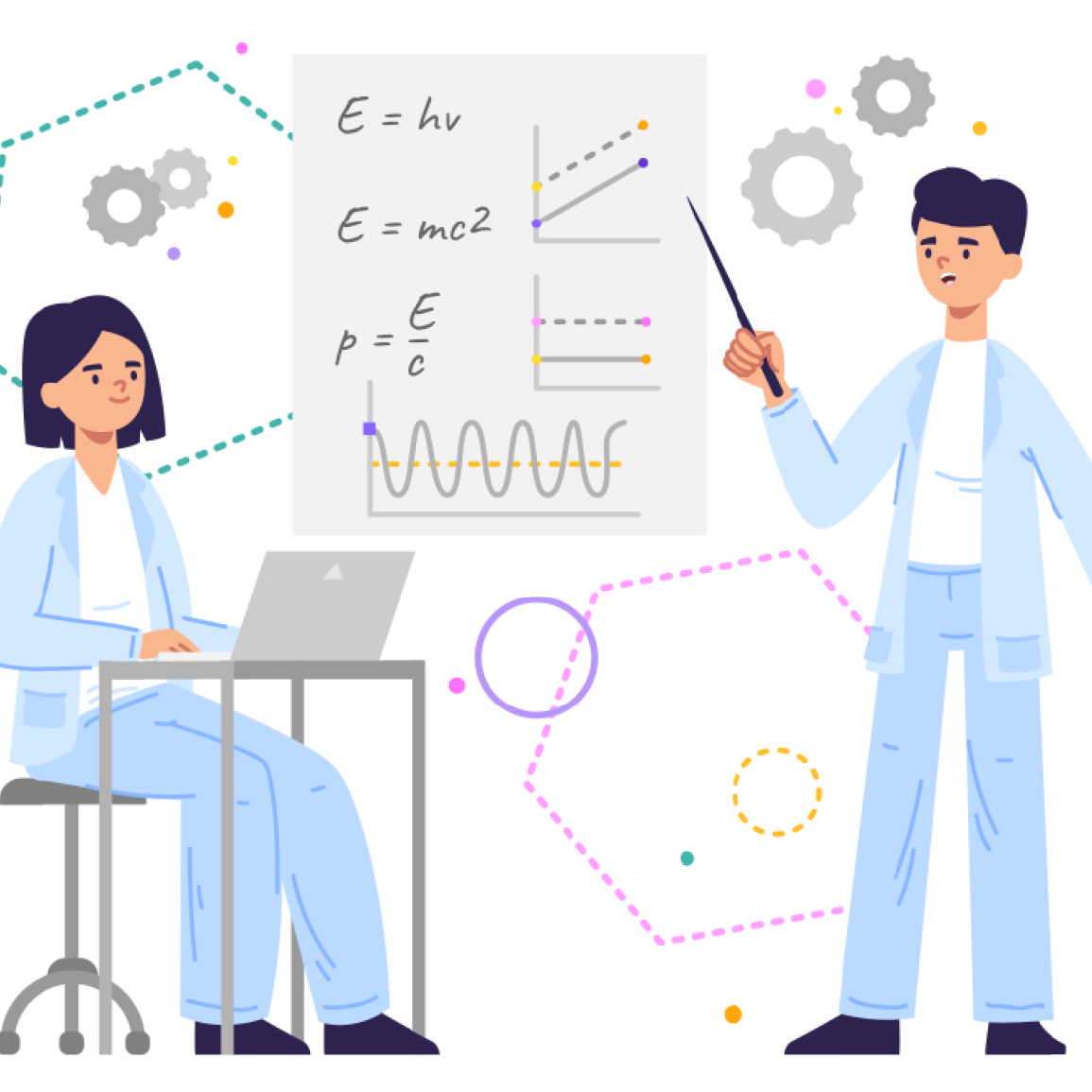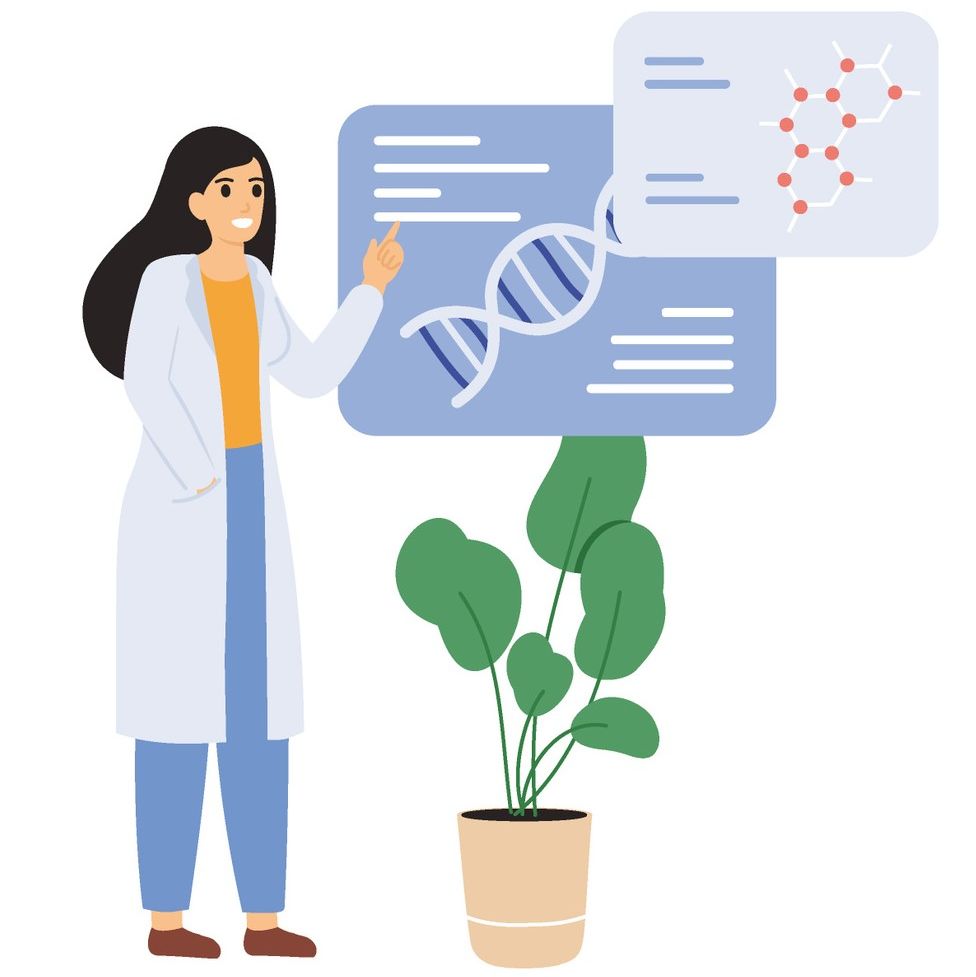Research data management (RDM)




Benefits of Good Data Management
More time for research itself
Fulfilling the requirements of third-party funders
Protection against data loss
Possibilities of better data organization
Increased visibility in the academic world
Compliance with good scientific practice
Subsequent use of data for follow-up projects
Legal compliance and protection of sensitive data
Information on Data Management for



Overview Guidelines
in the Subject Area RDM
Events & Training Courses



